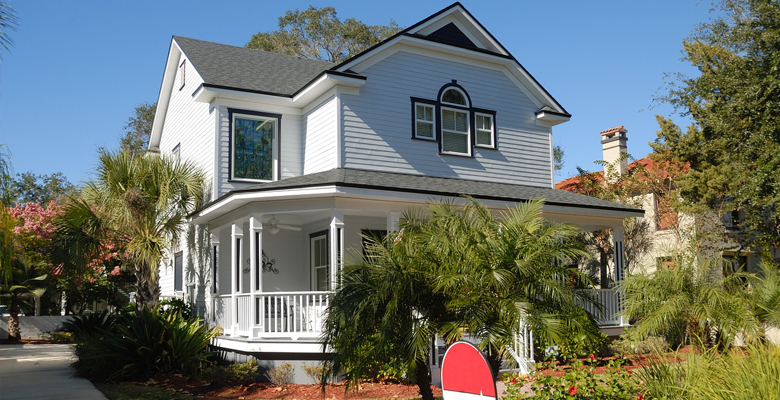A reverse mortgage may be beneficial if you have a lot of home equity but not enough income for retirement.

A reverse mortgage allows homeowners aged 62 and up to borrow against the equity in their property and receive funds from a lender. This money can be utilized to cover living expenses and house upgrades without the need for you to relocate or make monthly loan payments.
When you receive a reverse mortgage, you keep your house and utilize the proceeds to pay down whatever is left on your current mortgage.
What exactly is a reverse mortgage?
A reverse mortgage is a loan that allows you to access your home equity as a flat sum, a line of credit, or a series of monthly installments.
A reverse mortgage, unlike a standard mortgage (also known as a forward mortgage) or a second mortgage, does not require you to make payments as long as you dwell in the property as your primary residence. However, you must pay off your existing mortgage at or before the closing date of your reverse mortgage.
The debt must be repaid if you die or move out permanently. This is usually accomplished by selling the house. Alternatively, you or your heirs can return the loan or pay the lender 95% of the evaluated worth of the home and keep the house.
- If the value of your property rises while you have a reverse mortgage, any excess value will go to you or your estate. This also occurs if you die, sell, or move before utilizing all of the equity available under your loan.
- If the value of your house falls while you have a reverse mortgage, neither you nor your estate will be required to make up the difference. This benefit is made possible by the reverse mortgage insurance premiums you will pay.
How to Get Approved for a Reverse Mortgage
To be eligible for a reverse mortgage, you must meet the following requirements:
- You must be at least 62 years old.
- Own a single-family home, a two- to four-unit home (as long as you reside in one unit), a condo recognized by HUD or the FHA, or a manufactured home approved by the FHA.
- Maintain the property as your primary residence.
- You must be able to afford homeowners insurance, property taxes, upkeep, and, if necessary, flood insurance and homeowners association costs.
- You must own your home outright or have at least 50% equity in it.
- Attend a reverse mortgage counseling session recognized by HUD.
- You must not be in arrears on any government debt (such as taxes or student loans)
